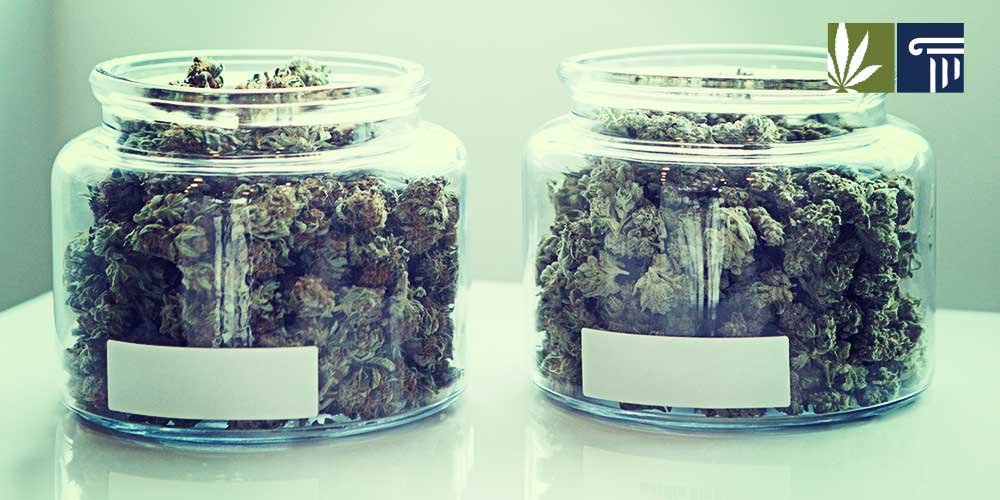Louisiana patients seeking medical marijuana for their conditions received updates last week on the lengthy regulatory and testing process, but little indication as to when it will become available.
The Louisiana Department of Agriculture and Forestry hosted a public meeting with state-sanctioned growers, universities overseeing marijuana production facilities, and other regulators.
The meeting was also attended by Katie Corkern, who has pushed for medical marijuana reforms for years, and her wheelchair-bound son, Connor, to plead for medical cannabis access to help control his seizures, as recommended by his physician.
“We’re waiting, and Connor doesn’t deserve this. Neither do the citizens that you all don’t get to see,” Corkern said.
Four years later
It is now nearly four years since a law was passed in Louisiana permitting medical marijuana to treat a long list of diseases and disorders. Over this time, estimates as to when medical marijuana will become available have not come to pass.
Connor was 8 years old when the law was passed. Today, he’s 12 — and Karen said he’s had 15 hospital stays in the interim, many of those for seizures.
One of the perceived obstacles to medical marijuana becoming available at regional pharmacies is the state’s agriculture department who have insisted on testing the marijuana in-house and determining the pace of the testing.
Further, only the agricultural centers at Louisiana State University (LSU) and Southern University are allowed to grow medical cannabis. Southern’s grower, Ilera Holistic Healthcare, which hasn’t started growing its product, said it is hopeful it could be available by summer or early fall, but agriculture officials questioned if that was too optimistic.
LSU’s grower, GB Sciences, which started its production work first, wouldn’t give an estimate.
“To give you a particular date, we’re unable to do that,” said John Davis, president of GB Sciences Louisiana. “There are so many different factors that are outside of our control.”
Agriculture Commissioner Mike Strain said his agency has to ensure the product is safe, and stressed the necessity of finding a private lab that could meet the state’s criteria. He said the department has “not spared any expense” to get the testing operation up and running. But some of his responses were met with audible sighs in the audience.
“We are doing all that we can as quick as we can,” Strain said. “Keep in mind, there are no clinical trials. We must make sure it’s as safe as it can be.”
Amy Hernandez, the agriculture department’s lab supervisor, said the first testing “did take longer than expected,” but she said she doesn’t expect that with future testing.
State regulators have taken years to set the rules, license the doctors and choose the pharmacies. But friction in particular seems to have emerged between GB Sciences and the agriculture department over the interpretation of its rules regulating marijuana production, slowing down regulatory paperwork and final production plans.






